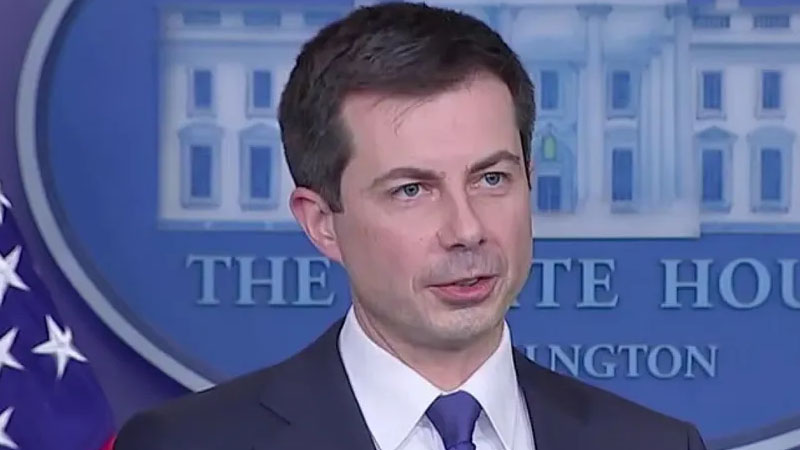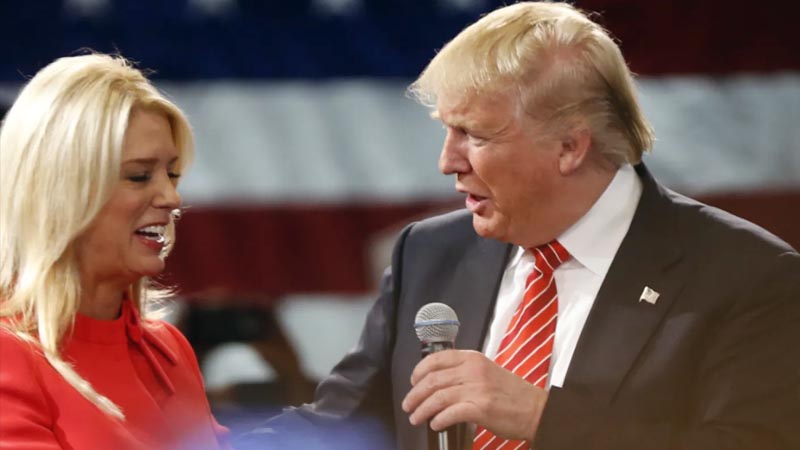“If it’s not, you have to fight for the right of the country” Trump Hints at Potential Rejection of 2024 Election Results in Wisconsin Speech

BY JABIN BOTSFORD/THE WASHINGTON POST/GETTY IMAGES
In the pivotal swing state of Wisconsin, former President Donald Trump, who has persistently promoted “stolen election” theories since 2020, made a startling remark suggesting he might not accept the results of the 2024 election. Speaking with the state’s largest newspaper, the Milwaukee Journal Sentinel, during a campaign stop on May 1, Trump reiterated misleading claims that he had won Wisconsin in 2020, despite losing the state to President Joe Biden by over 20,000 votes, POLITICO reported.
“If everything’s honest, I’ll gladly accept the results. I don’t change on that,” Trump stated. “If it’s not, you have to fight for the right of the country.” He further claimed, “If you go back and look at all of the things that had been found out, it showed that I won the election in Wisconsin. It also showed I won the election in other locations.” However, recounts funded by Trump’s team in the state’s two largest counties, along with independent investigations and court decisions, have consistently verified Biden’s victory in Wisconsin.
Despite these confirmations and multiple refutations of widespread election fraud, Trump continues to insist that his 2020 defeat was due to voting irregularities. In the interview, he questioned changes made to voting procedures during the pandemic and emphasized that an honest election outcome requires votes to be “counted honestly.”
Trump has made the 2020 election a central theme of his current campaign, refusing to acknowledge his loss while promising to “free” those he considers to be political prisoners from the January 6 Capitol riot. During a recent fundraising event at Mar-a-Lago, Trump again accused Democrats of cheating, saying, “When you are a Democrat, you start off essentially at 40% because you have civil service, you have the unions, and you have welfare,” according to Rolling Stone. He continued, “And don’t underestimate welfare. They get welfare to vote, and then they cheat on top of that — they cheat,” he claimed.
Meanwhile, one of Trump’s potential vice-presidential picks, Senator Tim Scott, also appeared reluctant to commit to accepting the 2024 election results if they were unfavorable. When asked by Meet the Press host Kristin Welker on May 5 whether he would accept the results regardless of the outcome, Scott replied, “At the end of the day, the 47th president of the United States will be President Donald Trump.”
Welker pressed Scott further, asking for a straightforward answer: “Senator, yes or no? Yes or no? Will you accept the election results of 2024 no matter who wins?” Scott deflected, stating, “I expect President Trump to win the next election and, listen, I’m not going to answer your hypothetical question.”
Trump’s remarks and Scott’s equivocation reflect an underlying tension within the Republican Party regarding trust in the electoral process. This uncertainty over future election results stems from Trump’s persistent claims that widespread voter fraud cost him the 2020 election, despite consistent evidence to the contrary.
Trump’s continued focus on questioning the legitimacy of elections and casting doubt on the integrity of voting processes has led to increased polarization around the issue. His stance has emboldened some of his supporters to express similar skepticism regarding future elections.
In Wisconsin, where Trump narrowly lost to Biden in 2020, election integrity remains a contentious issue. Republican lawmakers have pushed for more restrictive voting measures, citing concerns about fraud, while Democrats argue that these efforts are aimed at suppressing voter turnout.
With the 2024 election approaching, Trump’s remarks in Wisconsin hint at a campaign strategy focused on amplifying doubts about the electoral process. Whether this approach will resonate with voters or further deepen the nation’s political divide remains to be seen. But one thing is clear: Trump’s rhetoric continues to shape the political discourse, leaving many to wonder how these sentiments will impact the integrity and acceptance of future election outcomes.


